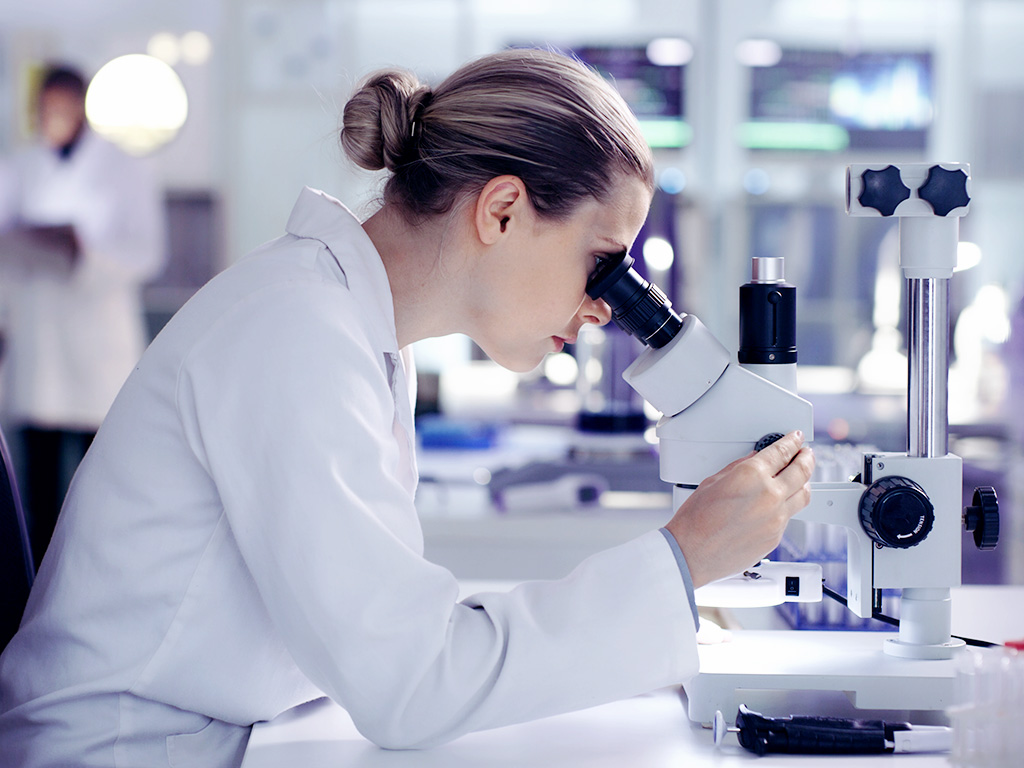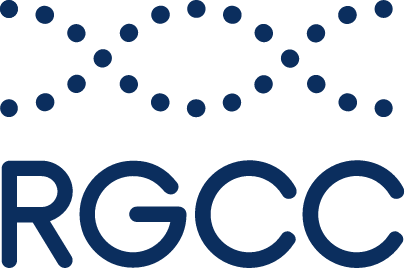Scientists identify nine genes associated with breast cancer risk

In the biggest research project of its type ever completed, a European research team has analysed DNA samples from over 100,000 women and identified nine specific genes associated with breast cancer risk. Scientists and experts believe findings could help improve screening and the development of new, personalised treatments for the disease.
In an incredible and extensive new study, published in the New England Journal of Medicine, 250 researchers from laboratories in over 25 countries, collaborated on the genetic analysis of samples. The largest study ever conducted into the genetics of breast cancer identified nine genes with a clear causal link to breast cancer.
The study is part of the European-funded BRIDGES (Breast Cancer Risk after Diagnostic Gene Sequencing) project. The aim of the study was to test 34 “risk” genes (those identified as potentially being associated with a greater risk of developing breast cancer).
“We found strong evidence of an association with breast cancer risk for protein-truncating variants in 9 genes,” the authors write. Specifically, they established that nine (ATM, BRCA1, BRCA2, CHEK2, PALB2, BARD1, RAD51C, RAD51D, TP53) had a strong association with breast cancer.
Identifying these nine ‘red flag’ genes will translate into real-life benefits for patients, the researchers hope. “These results may guide screening, as well as prevention with risk-reducing surgery or medication, in accordance with national guidelines,” said the authors.
The scientists hope that identifying these nine high-risk genes will accelerate research into breast cancer risk. In the future, this could include national screening programmes and risk-reduction surgery for those most at-risk.
Analysis of the findings enable researchers to say with confidence that 15 genes previously suggested as increasing breast cancer risk should not be taken into account in risk estimates. This should help focus future research where it can have the most impact.
While identifying these genes is a big step, the authors urge caution, noting that “breast cancer risk is influenced by other genetic and lifestyle factors”. Scientists are learning more about the complex interplay between inherited genes, lifestyle and environmental factors that can lead to cancer.
Welcoming the findings, Professor Michael Kerin, Research Director of the National Breast Cancer Research Institute, was optimistic about applying the results. “With this study, we can identify the members within families who have abnormal genes that puts them at a higher risk of getting breast cancer,” he said.
At RGCC, we welcome the findings of the BRIDGES study, and the incredible contribution European researchers make in understanding the complex genetic mechanisms of breast cancer.
We hope that, in the future, this will lead to the development of national genetic screening programmes for breast cancer and other forms of this life-limiting disease.
At RGCC, we offer a range of genetic tests that can support the early diagnosis and effective treatment of various forms of cancer, including breast cancer. The nine genes associated with breast cancer, as well as more than 500 genes can be analysed by our RGCC CAMBISeq test, providing valuable information. Learn more about our innovative genetic tests here.
You can read the full paper, Breast Cancer Risk Genes — Association Analysis in More than 113,000 Women, here.

